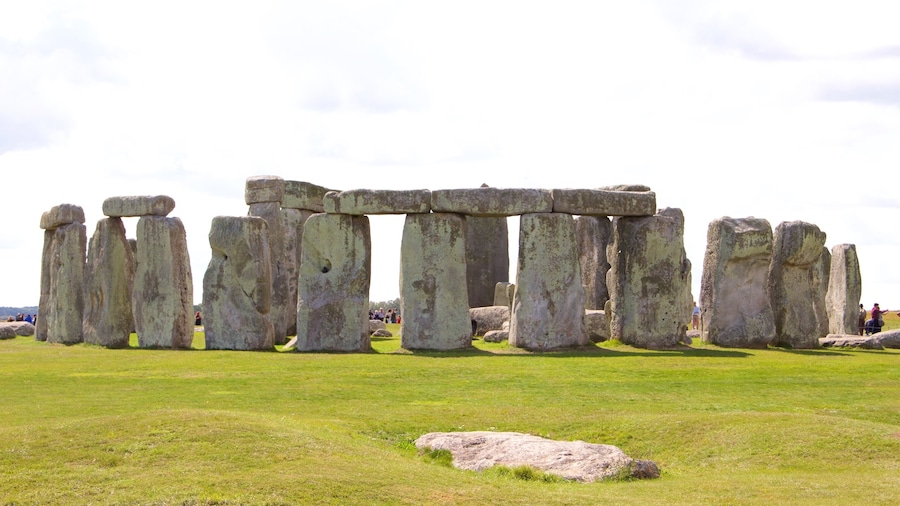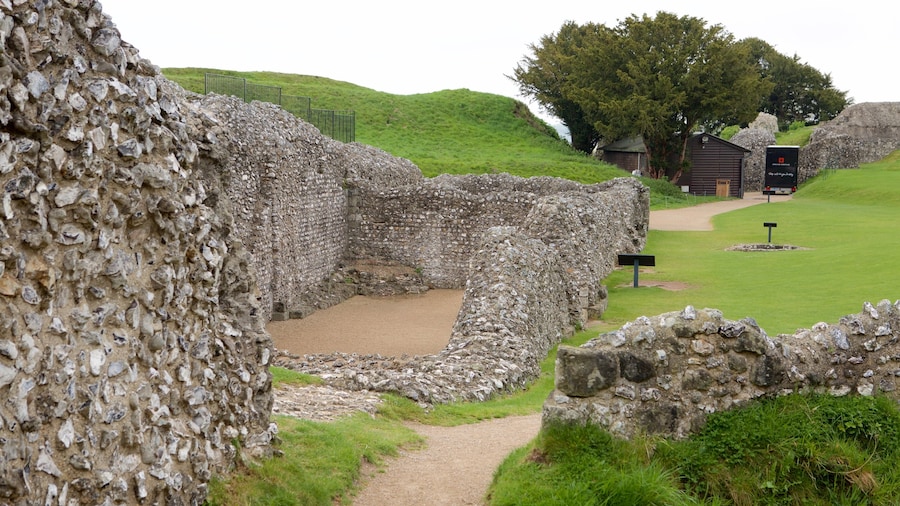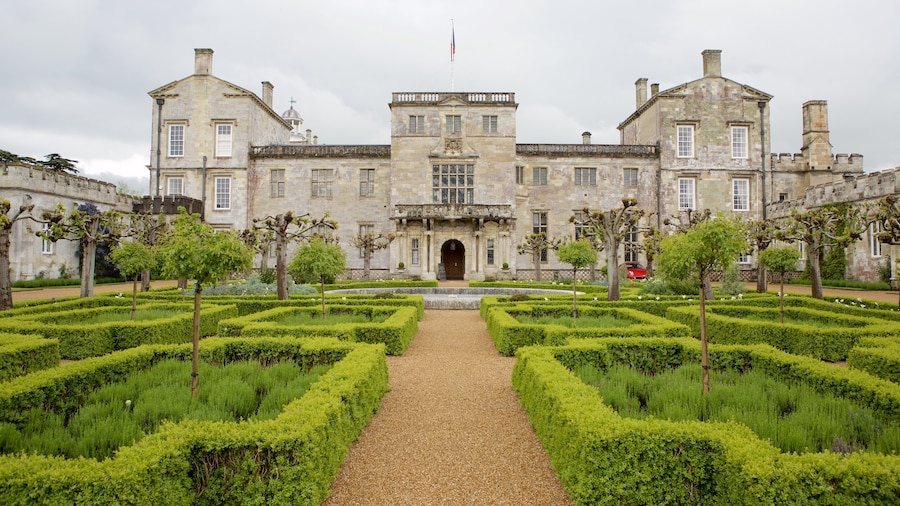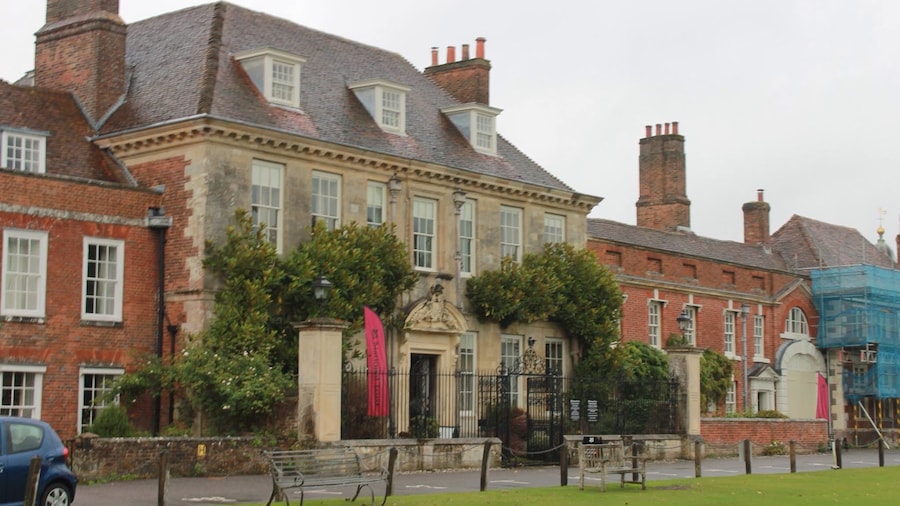Humans built this ring-shaped structure millennia ago. Learn about their culture and imagine their reasons for creating the site.
Visit the lesser-known ancient site near Stonehenge, Woodhenge, consisting of circular patterns in the ground that date back to 2300 B.C. The timber frames used by human settlements for a spiritual home are gone, but in their places stand concrete markers. Many theories, including religious and defensive themes, have been suggested for the use of the buildings in the centuries after its construction.
Enjoy the tranquil setting with very few crowds around. Let the kids play on the mounds that represent the wooden construction frames from thousands of years ago. Read the information sign that provides a brief history of the site. Theorize with your friends over the uses of the structure. Historians believe settlements in the Iron Age and Roman Age continued to use the ceremonial building many centuries later.
Capture photos of the stones that lie in an intriguing shape consisting of six oval-shaped rings. Today they are marked with concrete blocks. A circular ditch with an area of 360 feet (110 metres) surrounds the rings, although it is now barely visible.
See pictures of the site from above to make out the ring shape and the many mounds that make up the structure. It stands in the middle of agricultural meadows in the English countryside. The site was discovered in 1925 during excavations of the area, when dark spots turned out to be the holes that once held the timber frames.
Walk west along paths through the green Wiltshire terrain to reach Stonehenge. Take a guided tour to see its more durable vestiges of the Neolithic Age and Bronze Age.
Visits to the archeological site are free for everyone. It is open during daylight hours.
Woodhenge is just west of a bend in the River Avon near the village of Durrington. It is around 10 miles (16 kilometres) north of Salisbury. Many other archeological sites are nearby, including Stonehenge, which is just 2 miles (3.2 kilometres) west. Regular buses take passengers between Salisbury and Woodhenge.

















